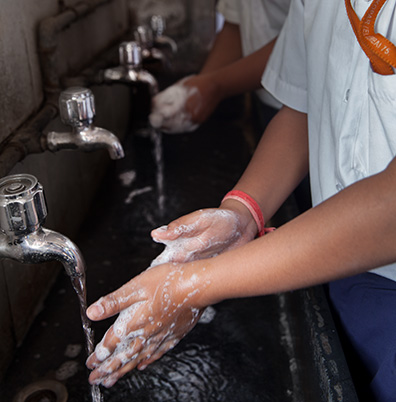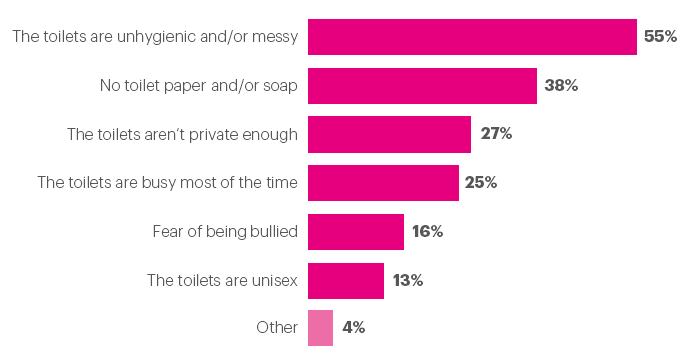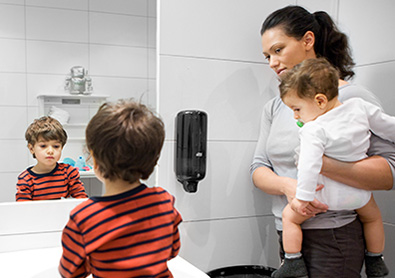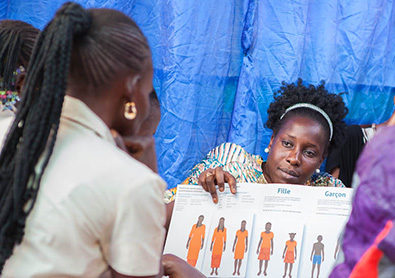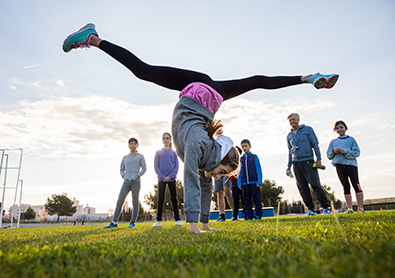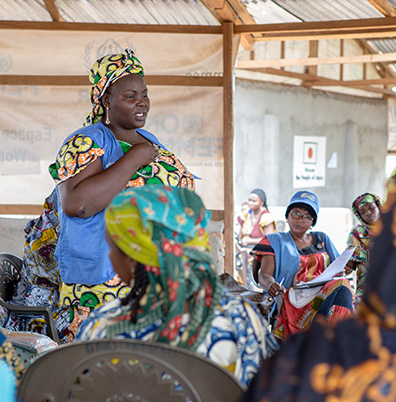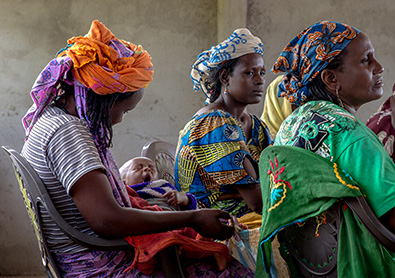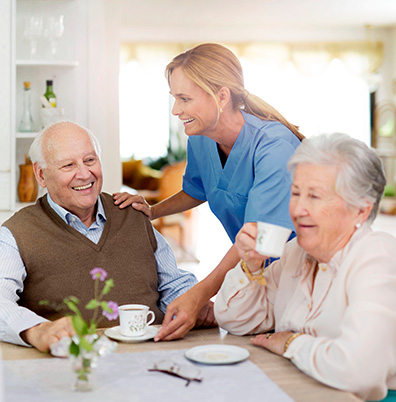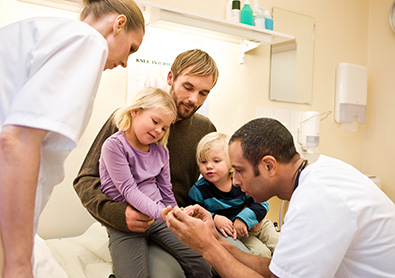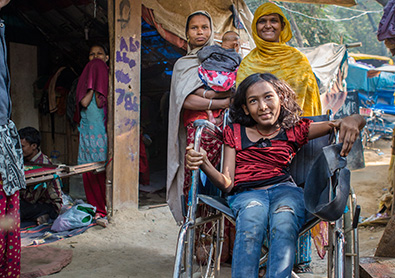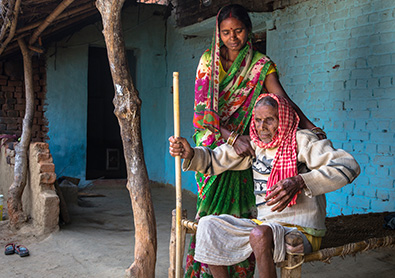
Personal Well-being
– Key to Public Progress
The Hygiene and Health Report 2018-2019
Presented in partnership with

Essity foreword
Time to put insights into actions
As a leading global hygiene and health company we, at Essity, have gathered knowledge and insights to drive a global dialogue about the strong connection between hygiene, health and well-being.
Read more
WSSCC foreword
Putting people at the centre
We cannot talk about changing policies and practices without keeping people in mind, without consulting them, without understanding their needs and without understanding prevailing beliefs and practices.
Read more
Download PDF
Personal Well-being – Key to Public Progress
The Hygiene and Health Report 2018-2019
What do you think people answered?
This report builds on a combination of our own experiences, third party knowledge and survey data on public opinion from all over the globe. This global survey for the report was conducted at the end of 2017.
Customize detailed answers
from 15 different countries
by your own interests in the
digital Survey Results 2018!
